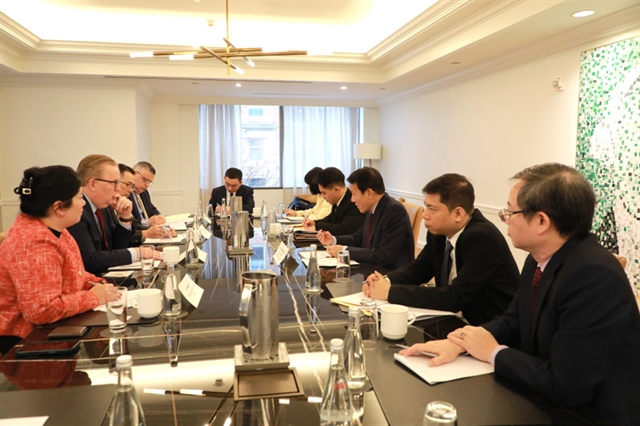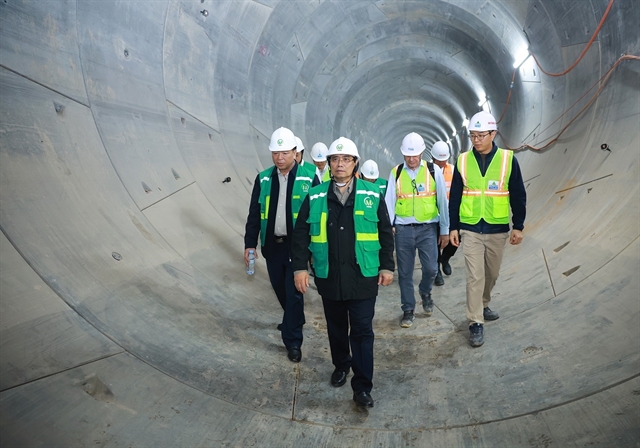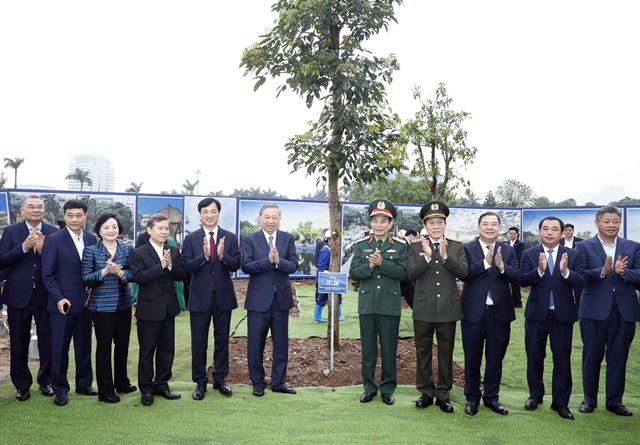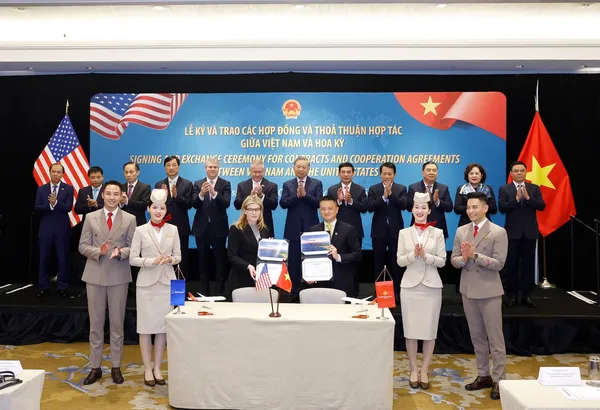 Brandinfo
Brandinfo
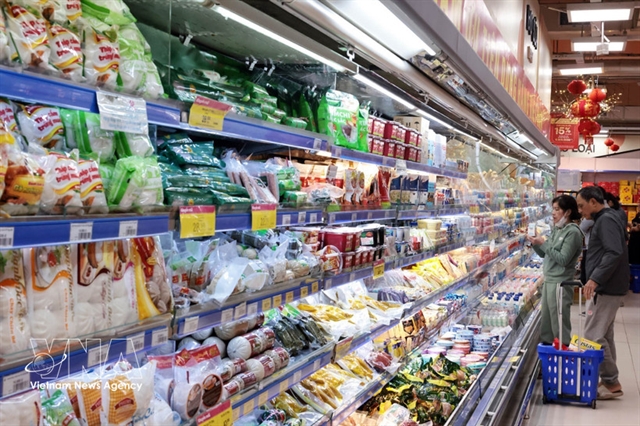
 |
| Jennifer Cox, managing director of MSD Vietnam. |
{ "id": "6zJ9CR0dRh", "type": "myToolImages", "data": { "data": "" } }
However, as AMR challenges continue to evolve, so must the nature and scope of these collaborations. On the occasion of World Antimicrobial Awareness Week, Jennifer Cox, managing director of MSD Vietnam, shares her insights from a decade of close collaboration with key Vietnamese stakeholders.
How has AMR impacted Vietnam and what are its implications to healthcare sector and society?
Antimicrobial resistance (AMR) occurs when bacteria, viruses, fungi, and parasites change over time and no longer respond to medicines making infections harder to treat and increasing the risk of disease, severe illness and death. This means infections become increasingly difficult to treat – and in some cases, impossible -- and today we are finding bacteria are developing resistance at a faster rate than new antimicrobials are being developed.
AMR poses a significant threat to public health globally as it reduces the effectiveness of antibiotics, leading to multi- (MDR) and extensively drug-resistant (XDR) pathogens. In 2019 nearly five million deaths worldwide were associated with bacterial AMR.
Furthermore, AMR also has grave economic impacts leading to higher medical costs, prolonged hospital stays, and therefore loss of productivity.
Vietnam is a major frontline in the battle against AMR as it has one of Asia’s highest rates. The key underlying reasons are the extremely high antibiotic usage rates in hospitals and the community and the overuse of antimicrobial drugs in the animal health sector.
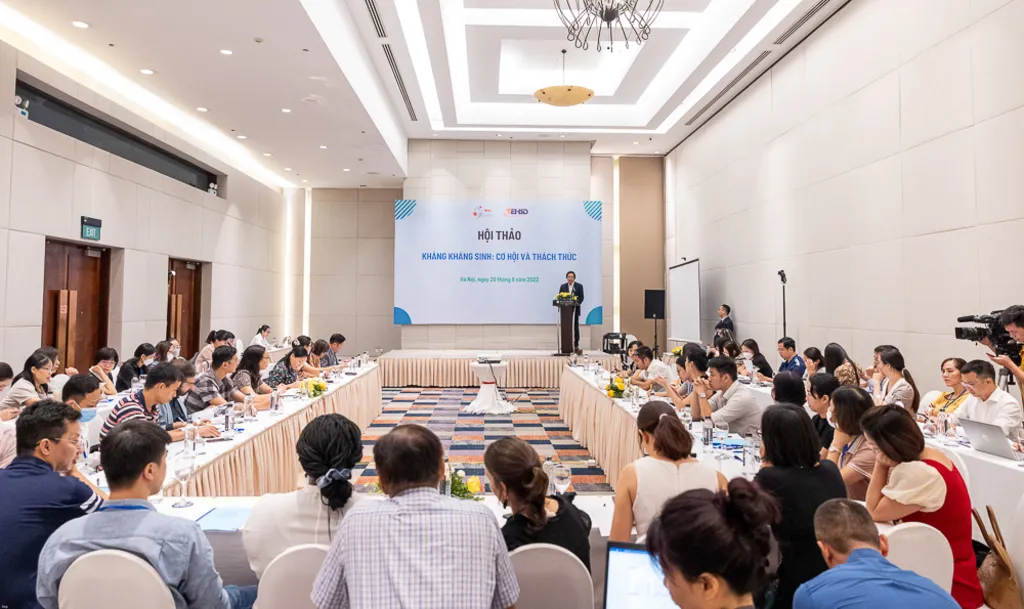 |
| A workshop on antimicrobial resistance being held in Hanoi in September. |
{ "id": "nfqDK2ekL5", "type": "myToolImages", "data": { "data": "" } }
A national AMR strategy has been in place since 2013, and MSD has partnered with hospitals since 2012. What progress has been made and what challenges remain?
Vietnam was in fact one of the first countries in the Western Pacific Region to develop a national action plan back in 2013.
MSD has been working with hospitals on the antimicrobial stewardship (AMS) programme piloted at Cho Ray Hospital since 2012. A report published in 2016 showed that at Cho Ray, the compliance rate with hospital antibiotic guidelines increased by 14.5%, and antibiotic use decreased significantly, reducing the cost of antibiotics by 1.3% compared to 2015.
In 2020 MSD partnered with the Ministry of Health and expanded the programme to 36 hospitals. As of last December, 46 hospitals were enrolled.
However, what has become clear over the past few years is that AMR is a complex issue that has gone beyond the healthcare sector. For example, not only are the antimicrobial agents easily absorbed by human patients, but they are also liberally used on animals in Vietnam, including chickens, pigs and even fish, often as a preventive measure against infection. This contributes to the growth of AMR.
As the AMR issue evolves over time, so must our strategy. That is why I think it is important this year that the AMS partnership between MSD, hospitals and the Ministry of Health needs to incorporate the ‘One Health’ collaborative, multisectoral, multi-disciplinary approach.
This year, the AMR partnership between MSD and key stakeholders in Vietnam will broaden its focus with the ‘One Health’ approach. How does this compare to the previous approach and how will it address current critical AMR challenges?
Unlike the previous approach, the ‘One Health’ approach requires a mindset shift towards finding solutions that fit the whole system involving multiple stakeholders such as both human and animal healthcare professionals, environmental experts, policymakers, and local communities rather than just individuals.
MSD has, in partnership with the Institute of Environmental Health and Sustainable Development, organised a series of scientific workshops on antimicrobial resistance in both humans and livestock. These workshops attracted more than 200 specialists in healthcare and agriculture, doctors from national hospitals, researchers, and lecturers from universities and other institutions.
We have received invaluable recommendations from these workshops, including on how to strengthen the supervision and management of medication and raise public awareness of AMR through leveraging the media and social networks.
Since AMR is a global issue, how is MSD contributing to the battle against AMR outside Vietnam?
While MSD is a major supporter of numerous AMS projects globally including across the Asia Pacific, we recognise that AMR cannot be eliminated by good stewardship alone. We also need ‘offensive’ weapons such as new and effective antibiotics. That is why we are one of the few global pharmaceutical companies still investing deeply in novel antibiotics R&D.
In 2020, MSD and other leading biopharmaceutical companies launched the AMR Action Fund, contributing US$100 million to the delivery of two to four new antibiotics to patients by 2030.
MSD is also a natural key player and partner in the ‘One Health’ approach against AMR due to our expertise in both human and animal health.
Ultimately, timely investments addressing AMR can bring long-term benefits to health and development in the region and beyond. MSD is proud to be a leader in this fight, but it will take collective effort and bold innovations to truly win the war. We believe the only way forward is together.

